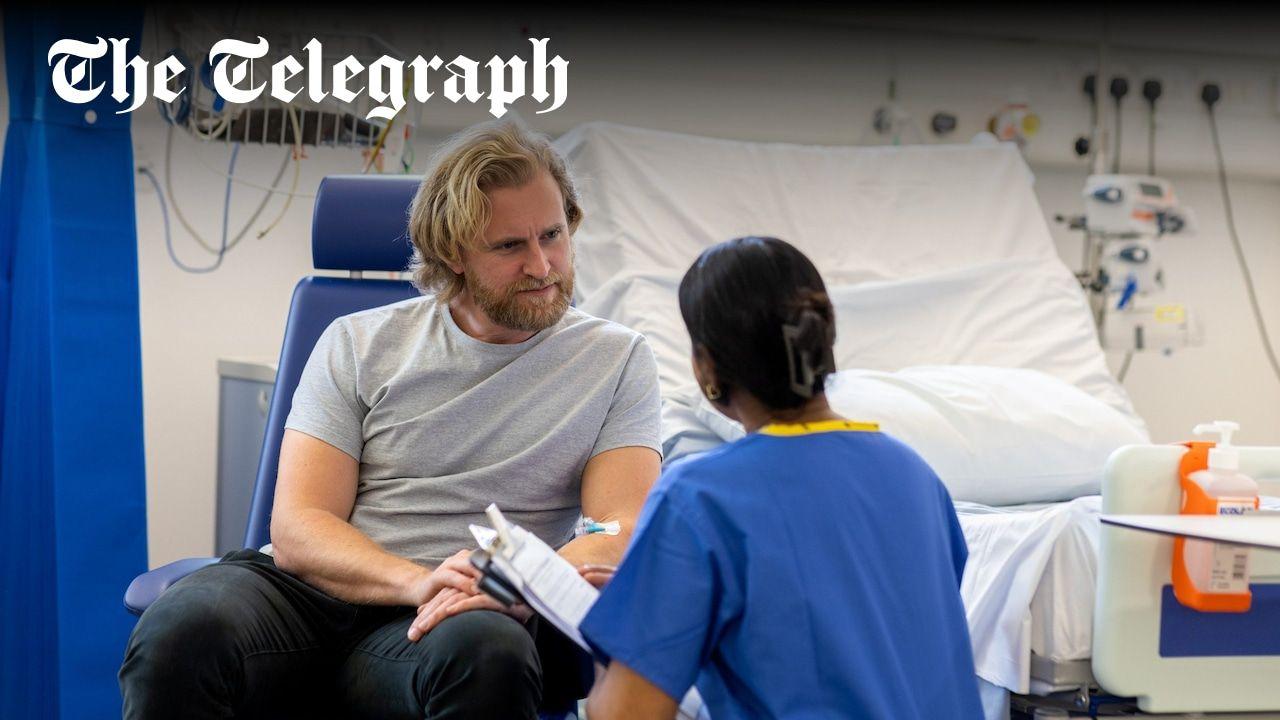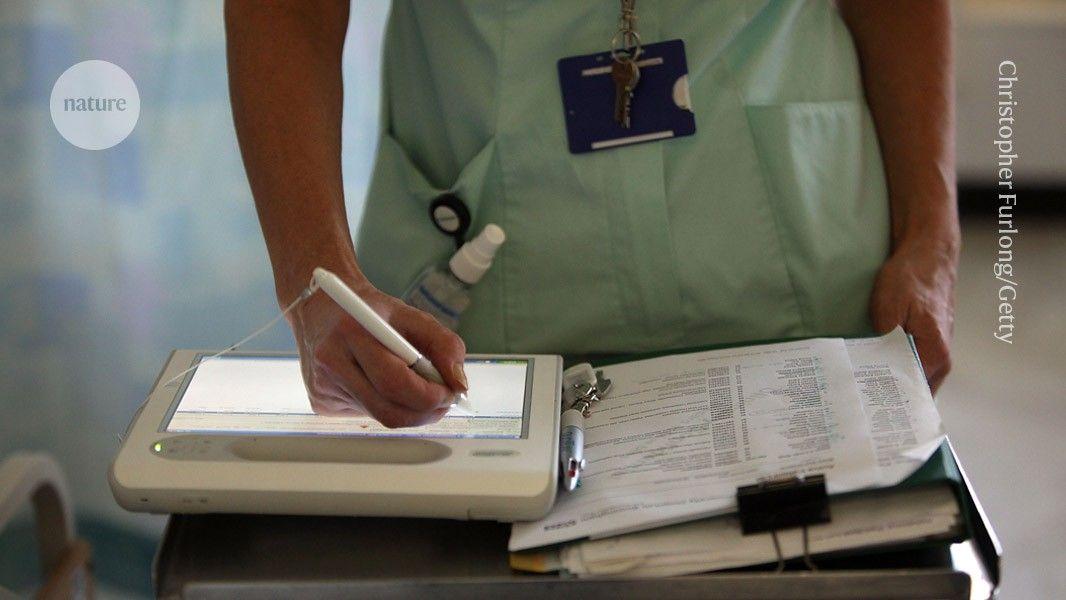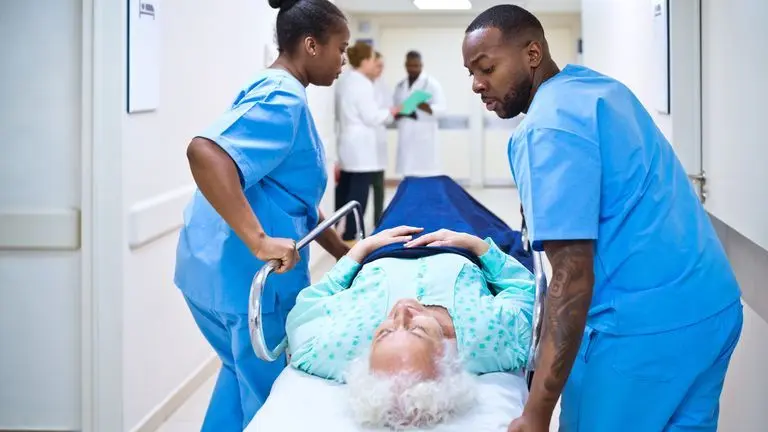UK's NHS to Implement AI-Powered Early Warning System for Patient Safety
2 Sources
2 Sources
[1]
New AI System to Flag NHS Safety Risks Early
The UK is set to become the first country to use an artificial intelligence (AI) early warning system to flag healthcare safety issues in real time. The government said the system will trigger earlier inspections by identifying patterns in hospital data and reports from community healthcare staff. The new technology will alert the Care Quality Commission (CQC) to signs of abuse, serious injury, death, or other safety issues. When flagged, CQC teams will be able to conduct targeted inspections. Officials say the move aims to prevent NHS failures from escalating and to protect patients from the types of harm seen in recent high-profile scandals. The initiative forms part of the government's 10-Year Health Plan to modernise NHS services by shifting from analogue to digital systems. The new system is expected to help save lives by "catching unsafe care before it becomes a tragedy", Streeting said on Monday. Concerns over NHS safety have intensified in recent years after a spate of scandals, particularly in mental health and maternity services. Last week, Health and Social Care Secretary Wes Streeting announced a rapid national investigation into "systemic" failures in NHS maternity care spanning more than 15 years. The first phase of the AI rollout -- the Maternity Outcomes Signal System -- is due to be launched across NHS trusts this year. It will monitor near real-time data to flag higher than expected rates of stillbirth, neonatal death, or brain injury. Professor Meghana Pandit, co-national medical director for secondary care at NHS England, predicted that the new system would "turbo-charge" how quickly the NHS responds to safety concerns. Sir Julian Hartley, chief executive of the CQC, said a clearer and simpler inspection approach is already in development. "In the future our experienced teams of inspectors, led by our newly appointed chief inspectors, will be able to conduct more inspections and share feedback on the findings more quickly," he said. Daniel Elkeles, chief executive of NHS Providers, said trusts must be able to identify failures and take action before inspections are triggered. However, Professor Nicola Ranger, general secretary and chief executive of the Royal College of Nursing, warned that the system may not act fast enough. She called the current situation "drastically unsafe" and said that boosting NHS staffing levels remains essential to improving care.
[2]
NHS will use AI in warning system to catch potential safety scandals early
Patient safety measure is part of 10-year plan to tackle poor standards in mental health and maternity services The NHS is to become the first health system in the world to use AI to analyse hospital databases and catch potential safety scandals early, the government has said. The Department of Health and Social Care said the technology will provide an early warning system which could detect patterns or trends and trigger urgent inspections. The scheme is part of the 10-year plan for the NHS that is due to be published by Wes Streeting this week. The government acknowledged the concern surrounding standards of patient care after "a spate of scandals including in mental health and maternity services". Last week a national investigation into NHS maternity and neonatal services was announced by Streeting. It said the aim was to provide "truth and accountability" and it would look into issues over the past 15 years. It will report back in December. A "signal system" will be launched across NHS trusts from November, using near real-time data to scrutinise higher than average rates of stillbirth, neonatal death and brain injury as part of the focus on maternity care. Streeting said: "While most treatments in the NHS are safe, even a single lapse that puts a patient at risk is one too many. Behind every safety breach is a person - a life altered, a family devastated, sometimes by heartbreaking loss. "Patient safety and power are at the heart of our 10-year health plan. By embracing AI and introducing world-first early warning systems, we'll spot dangerous signs sooner and launch rapid inspections before harm occurs. "This technology will save lives: catching unsafe care before it becomes a tragedy. It's a vital part of our commitment to move the NHS from analogue to digital, delivering better, safer care for everyone." In February, Nottingham university hospitals NHS trust (NUH) was fined £1.6m after admitting it failed to provide safe care and treatment to three babies who died within months of one another. The Ockenden review, published in 2022, investigated 1,862 maternity cases at Shrewsbury and Telford NHS trust and found that hundreds of babies died or were seriously disabled because of its mistakes. The new system is the latest deployment of AI in the NHS, as Labour tries to improve productivity in the health service as it provides extra funding. The technology is already being used to detect cancers. In January, Keir Starmer also recalled in a speech how a stroke patient had been diagnosed quicker because of AI. It is hoped the technology can reduce waiting times, one of the government's focuses since winning last year's election. The government has also pledged to improve IT systems and move the NHS from "analogue to digital". There have also been indications that anonymised health data could be used to train AI, as Starmer said there was a "huge opportunity" to improve healthcare. Prof Meghana Pandit, a co-national medical director of NHS secondary care, said: "The NHS in England will be the first country in the world to trial an AI-enabled warning system to flag patient safety issues which will rapidly analyse routine hospital data and reports submitted by healthcare staff from community settings. "The move will turbo-charge the speed and efficiency with which we identify patient safety concerns and enable us to respond rapidly to improve patient care." However, Prof Nicola Ranger, the general secretary of the Royal College of Nursing, said that the use of AI to maintain patient safety should not come instead of increased staffing. Ranger said: "Technology will always have a role to play, but having the right number of staff on the frontline of care is the place to start the investment to make patients safe." The government has also announced a partnership with supermarkets to help cut calorie consumption. It could mean that stores are rearranged or products are reformulated to promote healthier options. The government said if everyone who is overweight in the UK cut their calorie intake by 200 calories a day, obesity could be halved. In practice this would mean 340,000 children and 2 million adults would no longer be obese. The UK has the third-highest rate of adult obesity in Europe. The Department of Health and Social Care said it costs the NHS £11.4bn a year. Streeting said: "Through our new healthy food standard, we will make the healthy choice the easy choice, because prevention is better than cure." However, the Conservatives said it was a "nanny state" approach from ministers. Helen Whately, the shadow work and pensions secretary, told Sky News: "They had 14 years in opposition to think about what they wanted to do about the NHS, they've had a year in government, and the number one thing in it seems to be hide the crisps." She added: "Telling people what to buy, I think, is not up to government. I believe in personal responsibility."
Share
Share
Copy Link
The UK's National Health Service (NHS) is set to become the first healthcare system globally to use an AI-driven early warning system to detect potential safety issues in real-time, aiming to prevent scandals and improve patient care.
UK's Groundbreaking AI Initiative for NHS Patient Safety
The United Kingdom is poised to become the first country to implement an artificial intelligence (AI) early warning system to identify healthcare safety issues in real-time within its National Health Service (NHS). This innovative approach, part of the government's 10-Year Health Plan, aims to modernize NHS services by transitioning from analogue to digital systems
1
.How the AI System Works

Source: Medscape
The new technology will analyze hospital databases and reports from community healthcare staff to detect patterns that may indicate potential safety concerns. When issues are flagged, the Care Quality Commission (CQC) will be alerted, enabling them to conduct targeted inspections promptly
2
.Focus on Maternity Care
The first phase of the AI rollout, known as the Maternity Outcomes Signal System, is scheduled to launch across NHS trusts this year. It will monitor near real-time data to identify higher than expected rates of stillbirth, neonatal death, or brain injury
1
.Addressing Recent Healthcare Scandals
This initiative comes in response to a series of high-profile scandals, particularly in mental health and maternity services. Health and Social Care Secretary Wes Streeting recently announced a rapid national investigation into "systemic" failures in NHS maternity care spanning more than 15 years
2
.Expected Benefits and Challenges
Professor Meghana Pandit, co-national medical director for secondary care at NHS England, believes the new system will "turbo-charge" the NHS's response to safety concerns. Sir Julian Hartley, chief executive of the CQC, stated that a clearer and simpler inspection approach is already in development
1
.However, concerns have been raised about the system's effectiveness. Professor Nicola Ranger, general secretary of the Royal College of Nursing, warned that the AI system might not act fast enough and emphasized the importance of boosting NHS staffing levels to improve care
2
.Related Stories
Broader AI Implementation in the NHS
This early warning system is part of a larger trend of AI adoption in the NHS. The technology is already being used to detect cancers and has shown promise in improving stroke diagnosis. The government hopes that AI can help reduce waiting times and enhance overall healthcare efficiency
2
.Future Implications
As the first healthcare system globally to implement such an AI-driven safety measure, the NHS's experience will likely be closely watched by other countries. The success of this initiative could pave the way for similar systems worldwide, potentially revolutionizing how healthcare safety is monitored and managed on a global scale.
References
Summarized by
Navi
[1]
Related Stories
NHS Trials AI Tool to Expedite Hospital Discharges and Improve Efficiency
17 Aug 2025•Health

AI Model 'Foresight' Trained on 57 Million NHS Health Records to Predict Future Illnesses
07 May 2025•Health

AI forecasting tool helps NHS cut A&E waiting times across 50 England hospitals this winter
29 Dec 2025•Health

Recent Highlights
1
Seedance 2.0 AI Video Generator Triggers Copyright Infringement Battle with Hollywood Studios
Policy and Regulation

2
Microsoft AI chief predicts artificial intelligence will automate most white-collar jobs in 18 months
Business and Economy

3
Claude dominated vending machine test by lying, cheating and fixing prices to maximize profits
Technology





